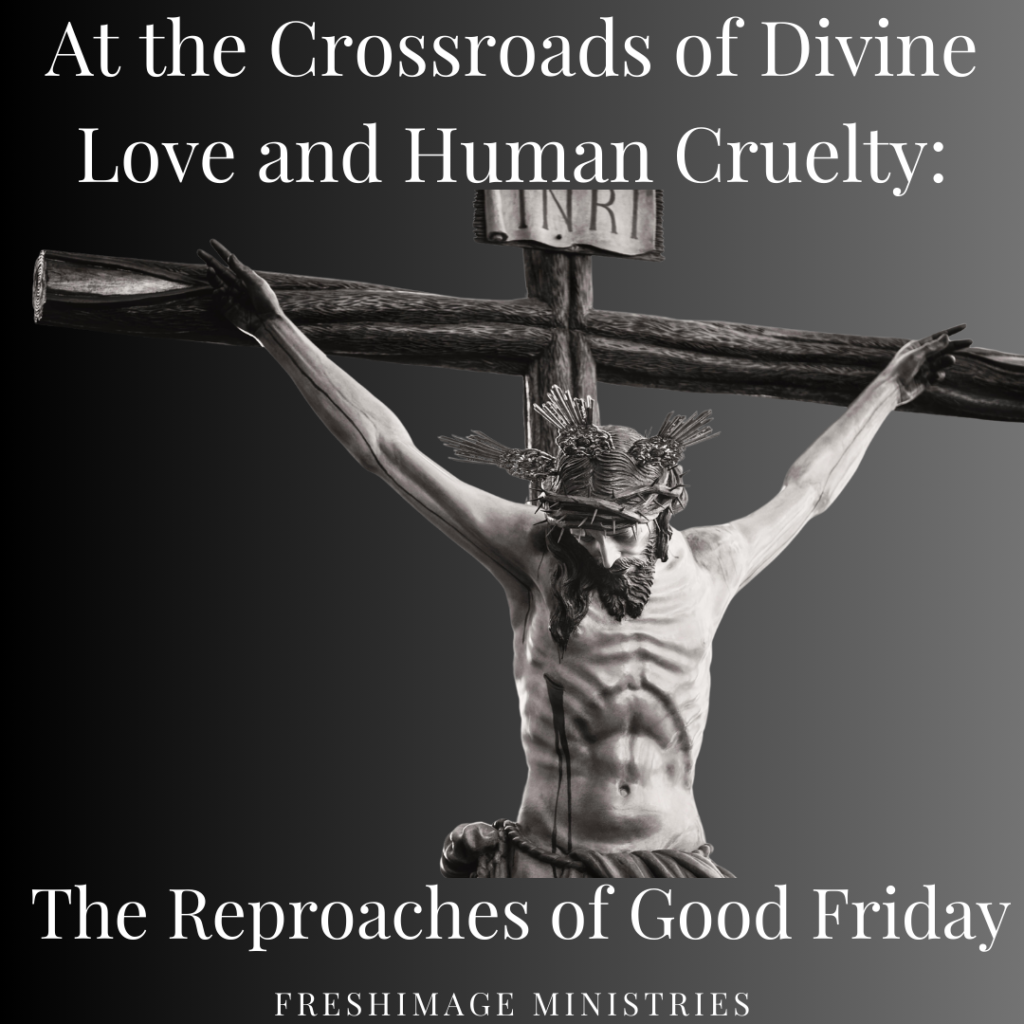
Holy Week, stands above all others as the high point on the Church’s liturgical calendar due to its profound spiritual and theological significance, as well as the rich variety of liturgical forms and ancient customs. These seven days, brimming with unique rites and prayers, some employed only once a year, are crafted as a cohesive whole, inviting the faithful to immerse themselves in and directly experience the pivotal events central to the Catholic faith: the eternal drama of Christ’s passion, death, and resurrection. If our observance of the Lenten season is likened to climbing the Holy Mountain, the Holy Week is undoubtedly its peak.
Through the liturgies of Holy Week, the most crucial message of Jesus becomes transparent. His sacrifice of life to atone for our sins, an ultimate act of love, that we can begin to appreciate only by recognizing the vast distance between our own paths and God’s. Jesus’s harrowing death, with its brutality, epitomizes all that is wrong with the human species. Yet, His deliberate decision to embrace such an immense suffering provides us with a chance to avoid perdition.
In addition to immense physical pain, Jesus endured a profound suffering of the soul, anguish, loneliness, betrayal, total rejection, and humiliation. As St. Thomas Aquinas wrote, “Christ suffered from friends abandoning Him; in His reputation, from the blasphemies hurled at Him; in His honor and glory, from the mockeries and insults heaped upon Him… in His soul, from sadness, weariness, and fear” (Summa Theologica III, Q. 46.5).
The Reproaches, a prayer that emanates from the Good Friday liturgy, is based on a poignant question which the apocryphal tradition attributes Jesus himself: “My people, what have I done to you? How have I offended you? Answer me!” The Reproaches is a powerful reflection on God’s love for mankind, juxtaposed against Jesus’s innocence and the deliberate brutality and viciousness inflicted upon him in the final hours of his life. The Reproaches dramatize the contrast between God’s acts of love throughout salvation history, benefiting His people, and the deliberate cruelty and scorn inflicted upon Jesus, leading to a fundamental question: “why?”
I led you out of Egypt, and our
from slavery to freedom,
but you led your Savior to the cross. (…)
What more could I have done for you?
I planted you as my fairest vine,
but you yielded only bitterness:
when I was thirsty you gave me vinegar to drink,
and you pierced your Savior with a lance. (…)
The narrative of the Passion, marked by deliberate scorn and cruelty, serves as a harrowing testament to the profound fall of humanity. Yet, paradoxically, these very events are transformed into the source of our salvation, illustrating that God is greater. For in His great loving mercy, He absorbs and surpasses the efforts of those who, out of hatred, sought to violently destroy Jesus.
The Reproaches guide the faithful, who inherit the guilt of rejecting Jesus and inflicting pain upon him, toward a proper three-step response to the drama of the Passion: rejecting distorted views of God, acknowledging our own guilt, and sincerely seeking forgiveness. This process incorporates one of the oldest prayers of Christianity, the Trisagion, a shared heritage with our Orthodox brethren: Holy is God! Holy and Strong! Holy Immortal One, have mercy on us!
The Reproaches culminate in the adoration of the Cross:
We adore Thy Cross, O Lord
and we praise and glorify Thy holy Resurrection,
for behold, by the wood of the Cross joy has come into the whole world.
St. John Paul II elucidated the profound sense of the faithful’s response through meditation on the Passion and adoration of the Cross. He explained,
We believe that every step of the Condemned Christ, every action and every word, as well as everything felt and done by those who took part in this tragic drama, continues to speak to us. In his suffering and death too, Christ reveals to us the truth about God and man…We want to concentrate on the full meaning of that event so that what happened may speak with new power to our minds and hearts, becoming the source of the grace of a real sharing in it. To share means to have a part. What does it mean to have a part in the Cross of Christ? It means to experience, in the Holy Spirit, the love hidden within the Cross of Christ. It means to recognize, in the light of this love, our own cross (St. John Paul II, Stations of the Holy Cross at the Coliseum, Good Friday of the Year 2000).

Andrzej Zahorski is Director of Music at St. Anselm Parish in St. Louis, MO. He holds a doctorate of musical arts from Stanford University.